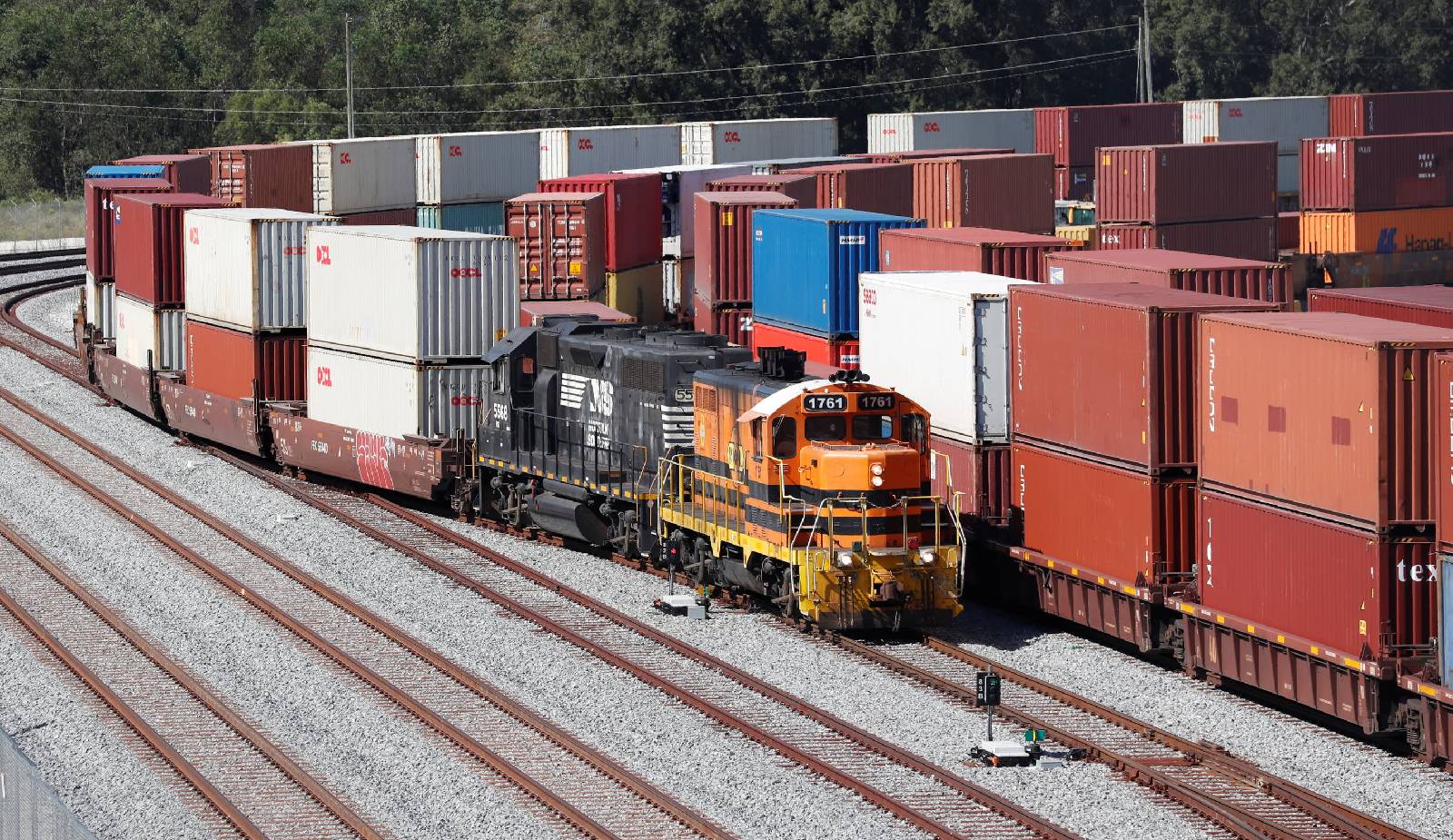Rail transport is an effective mode of transport with many advantages. Here are some benefits of rail transport:
High carrying capacity: The railway has the capacity to carry large quantities of cargo. Wide wagons and trains allow heavy loads to be transported. This makes rail transport a preferred option, especially in goods trade and logistics.
Economic efficiency: Rail transport offers the possibility of transporting large-scale loads more economically. High carrying capacity and energy efficiency make rail transport more economical compared to other modes of transport. It also reduces fuel costs and lowers its carbon footprint, making it a more environmentally sustainable option.
Reliability: Rail transport is more reliable as it is not affected by road conditions and traffic jams. Railroad lines provide a fixed route for passengers and freight and operate on a regular schedule. This provides a more reliable transport option in terms of timing.
Environmental sustainability: Rail transport is more environmentally friendly than road transport. Trains emit less carbon dioxide per passenger and per load. It also improves air quality by reducing traffic congestion and minimizing environmental impacts.
Efficiency in intercity transport: Rail transport is effective in intercity travel over long distances. Features such as high-speed trains and night trains allow passengers to reach their destinations comfortably and quickly. This allows them to spend less time compared to air transport.
Contribution to traffic congestion: Rail transport offers an alternative to the traffic congestion common in road transport. Transporting large volumes of freight by rail helps to have fewer trucks and vehicles on the roads and reduce traffic congestion.



